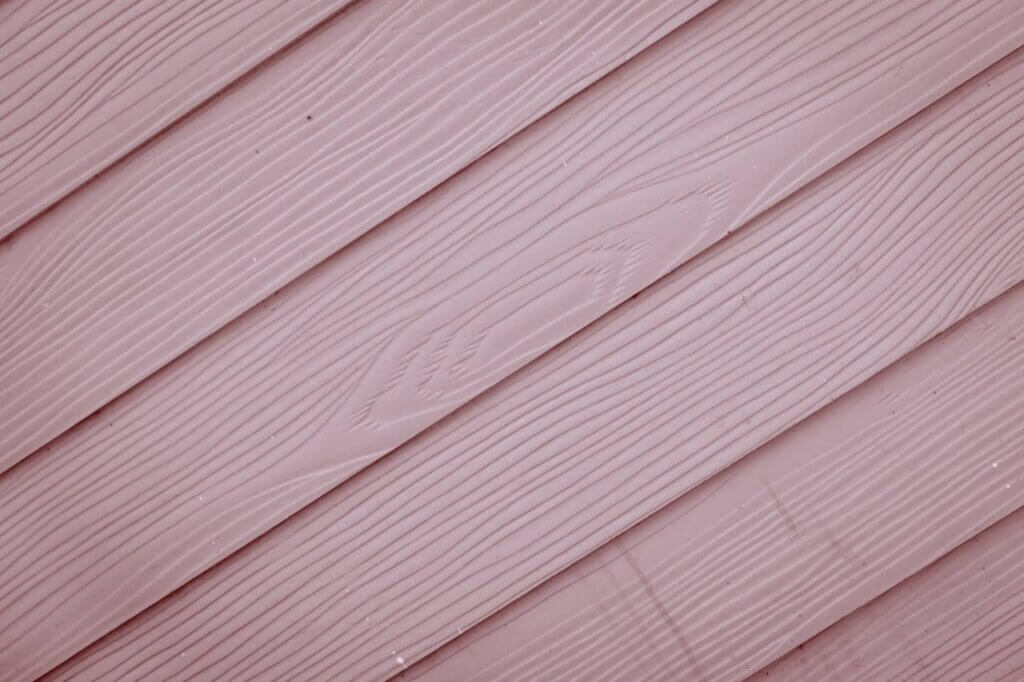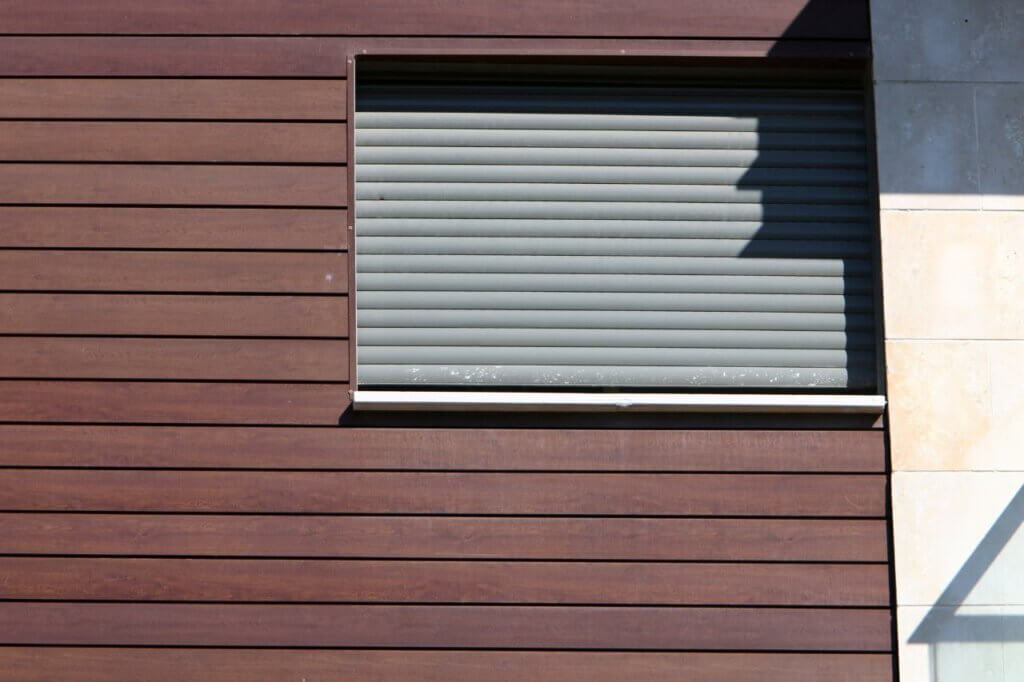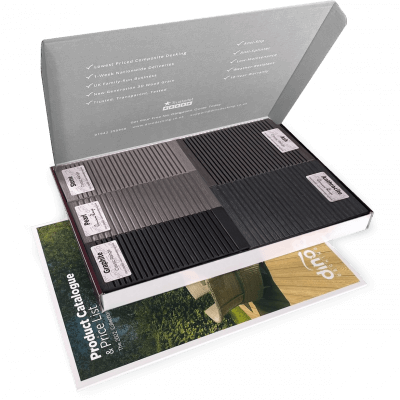How to Protect Composite Decking: Full Guide
Find out how protecting your composite decking can help keep your decking looking its best for years to come. You
Products in Stock
Lowest Prices
Express Delivery
10-Year Warranty
Early July Sale. Up To 15% Off.

Ever looked at a house and wondered what gives it that sleek, put-together look? Chances are, you’re admiring its cladding. But what exactly is cladding, and why should you care about it? Well, if you’re a homeowner (or aspiring to be one), cladding could be your secret weapon for boosting your home’s appeal, protection, and even its value. Let’s take a look at the different types that could transform your home.
Firstly, what actually is cladding? In simple terms, cladding is the protective or insulating layer fixed to the outside of a building. It’s like a jacket for your house, shielding it from the elements while also giving it a stylish makeover.
First up, we have composite cladding. This modern marvel combines the best features of wood and plastic to create a material that’s durable, low maintenance, and attractive. It resists rot, doesn’t warp or split like wood, and comes in a variety of colours and finishes.
Another benefit of composite cladding is that it is eco-friendly, as it’s made from recycled materials. And while it might cost more upfront than some other options, its longevity and low maintenance requirements make it a cost-effective (and time-effective!) choice in the long run.
Curious? Take a look at best selling composite cladding in UK – we even offer free samples so you can see the cladding up-close for yourself.
Next up is one of the most popular options: vinyl cladding. This plastic-based material has been a favourite among homeowners for years, and it’s not hard to see why. It’s relatively cheap, easy to install, and comes in a wide range of colours. Plus, it’s low maintenance – a quick power wash now and then is usually all it needs to keep looking fresh.
But it’s not all sunshine and rainbows; vinyl can fade over time, especially in direct sunlight, and it’s not the most environmentally friendly option out there. It’s also not as durable as some other materials, which brings us to our next contender…
Read Next: 7 Modern Exterior Cladding Ideas

Ah, wood cladding. There’s something timeless about the look of wood on a house, isn’t there? It brings a natural, warm feel to any property and can be painted or stained to suit your taste. Cedar and larch are popular choices in the UK, known for their durability and resistance to rot.
The downside? Wood requires more maintenance than other options. You’ll need to treat it regularly to protect it from the elements, and it can be susceptible to insect damage. But for many, the classic look of wood is worth the extra effort.
Brick cladding offers a traditional, solid appearance that many homeowners love. It’s incredibly durable, fire-resistant, and requires little maintenance. Plus, it provides excellent insulation, helping to keep your home warm in winter and cool in summer.
The main drawbacks are the cost and the weight; crick cladding is one of the more expensive options, and its weight means it’s not suitable for all buildings. It’s also not the easiest to install, often requiring professional help.
If you’re after a truly luxurious look, stone cladding might be for you. Whether you opt for natural stone or manufactured stone veneer, this type of cladding can give your home a high-end, rustic charm. It’s also incredibly durable and can last for decades with minimal maintenance.
That being said, like brick, stone cladding is heavy and expensive, and typically requires skilled installation to ensure it’s properly secured and waterproofed.
Metal cladding, typically made from aluminium or steel, offers a modern, industrial look that’s becoming increasingly popular thanks to its durability and low maintenance. And for the eco-conscious amongst you, metal cladding can also be recycled at the end of its life, so extra green points there.
On the flip side, metal cladding can be noisy in rain or hail, and it’s prone to denting. It can also be quite expensive, especially if you’re opting for high-end finishes.
While choosing the right cladding for your home is a big decision, it’s also an exciting opportunity to give your property a fresh new look while improving its protection and energy efficiency. And no matter what you opt for in the end – whether it be wood, the modern appeal of metal, or the best-of-both-worlds composit – the right cladding can truly transform your home from the outside in.
But do keep in mind that there’s no one-size-fits-all solution when it comes to cladding. What works for your neighbour’s Victorian terrace might not be the best choice for your modern semi-detached. Take your time, do your research, and don’t hesitate to ask for professional advice if you need it. And if you’re curious to learn more about the ins and outs of cladding, you might want to check out our article: Cladding Explained; it’s a great primer on why cladding is so important for your home.

Our sample pack contains a sample piece of each colour currently available. Order your free sample pack today to compare the colours and get a true feeling of the Dino Decking range!
Find out how protecting your composite decking can help keep your decking looking its best for years to come. You
It’s quite common to end up with leftover decking after most installation projects. Offcuts and spare boards don’t need to
Business hours
Monday: 09:00 – 17:30
Tuesday: 09:00 – 17:30
Wednesday: 09:00 – 17:30
Thursday: 09:00 – 17:30
Friday: 09:00 – 17:30
Saturday: Closed
Sunday: Closed
Contact us
01942 355968
support@dino.co.uk
Collection Address: Unit 1 Wetheral Close Hindley Ind Estate Wigan Greater Manchester North West WN2 4HS
Pages
Products
Testing
Copyright 2025 Dino Decking Ltd All Rights Reserved.
VAT Number: GB296097848.
Company Number: 10837233.